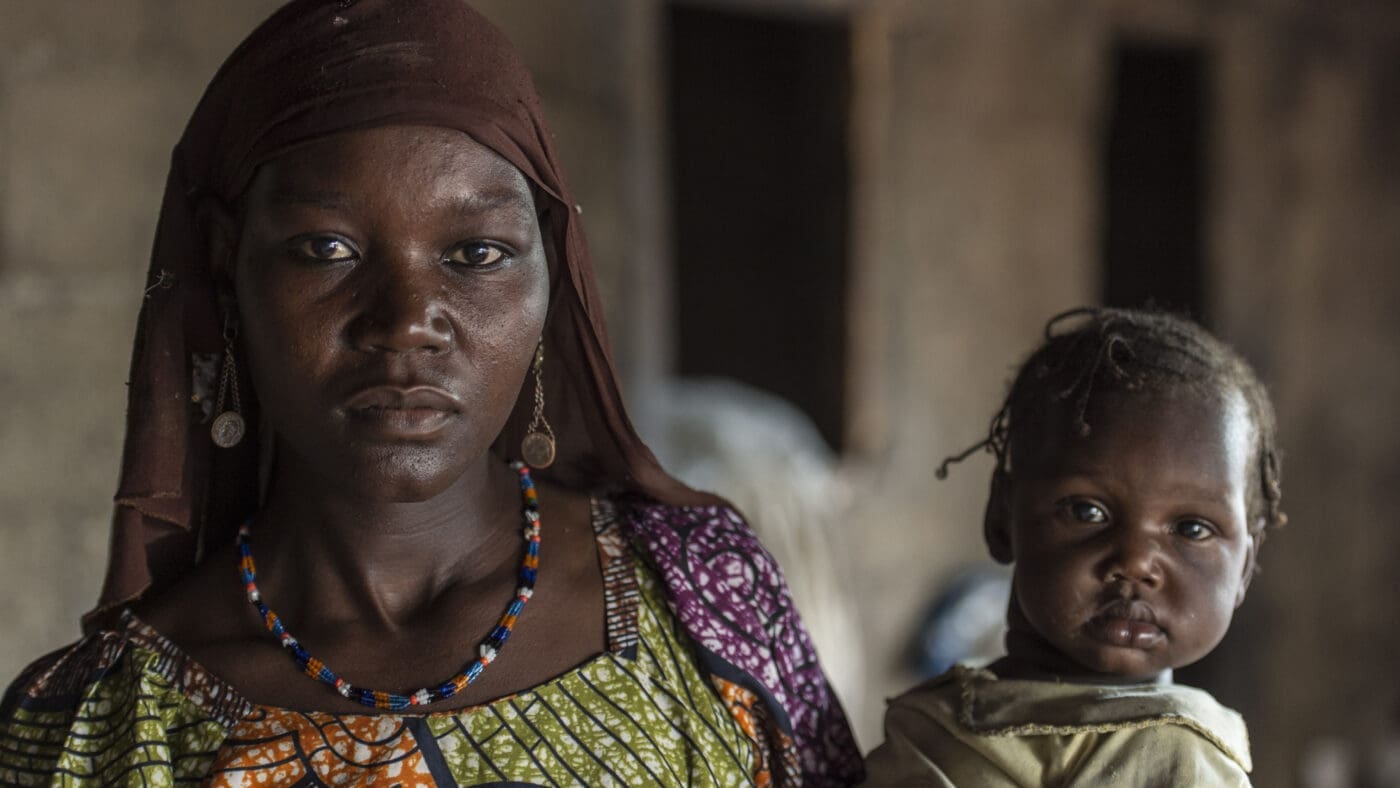
CAMEROON:
Growing in Crisis
Cameroon’s economy is growing, but many people – especially in rural areas – are still poor and hungry. And the vulnerable country is facing three large-scale, complex and violent crises.
The country’s economy is expanding, but still more than half of Cameroonians live in poverty, and nearly 40% of people are severely impoverished. That affects almost every aspects of their lives – from health to education to living conditions.
people in need of humanitarian assistance
of children under 5 are stunted
of people work in agriculture
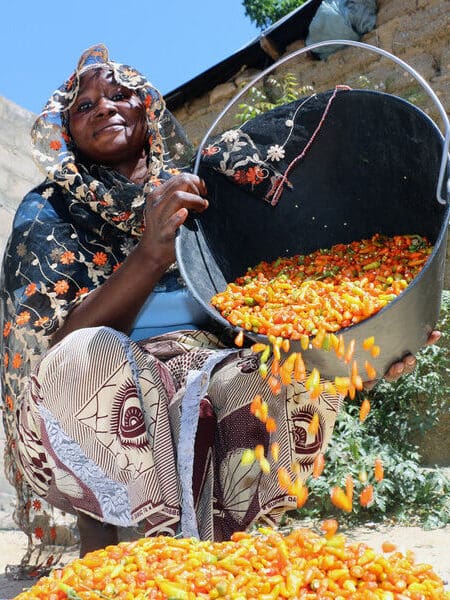
Expanding, but still poor
A lower-middle-income country with over 26 million people, Cameroon ranks 153 out of 189 countries in the 2020 Human Development Index. While the country experienced consistent economic growth averaging 4.3 percent per year for a decade up to 2019, poverty levels have remained steady.
Poverty is particularly high in rural parts of the country, where structural underdevelopment and recurring climatic shocks, like floods and prolonged dry spells, limit people’s ability to thrive.
The agricultural sector dominates the economy, employing 62 percent of the labour force and accounting for 15 percent of the Gross Domestic Product (GDP). However, the effects of climate change, traditional agricultural practices, high post-harvest losses and fragmented markets undermine the sector’s ability to significantly contribute towards improved income, especially for smallholder farmers. Poor road infrastructure and land degradation also severely limit people’s access to sufficient nutritious food.
Violence & climate shocks
Cameroon faces three large-scale, complex and protracted crises. Since 2014, the country has been experiencing influxes of refugees fleeing violent conflict in north-east Nigeria. Jihadist incursions and frequent attacks in Cameroon’s Far North region are also causing internal displacements and disrupting local agricultural production and livelihoods. And political instability and armed conflict in the Central African Republic (CAR) has been forcing CAR refugees into the East, Adamawa and North regions. Since 2017, the North West and South West regions have been affected by conflict between state security forces and non-state armed groups seeking autonomy for the two English speaking regions.
On top of this, climate shocks coupled with insecurity and displacement have made people hungrier. The crises are putting pressure on the country’s natural resources and social services and worsening vulnerabilities.
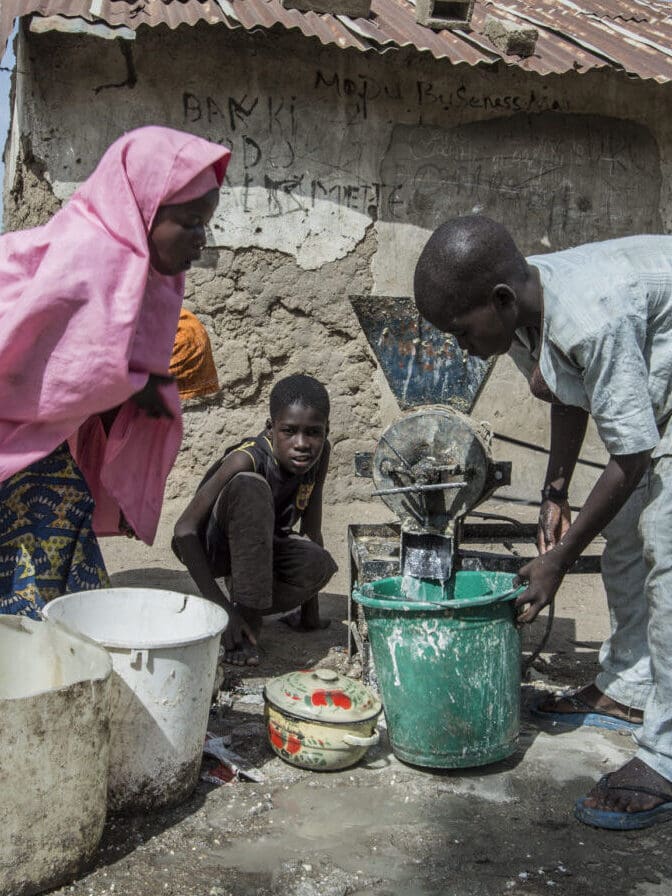
WFP’s Work in Cameroon
We’ve been present in Cameroon since 1978. Working with the Government and other partners, the U.N. World Food Programme helps Cameroon to achieve zero hunger by responding to the immediate food and nutrition needs of people in crisis-affected regions. With access still a challenge, we get to hard-to-reach regions via passenger and cargo air services, helping humanitarian staff and supplies reach communities in need on time.

We provides unconditional life-saving food assistance to populations affected by shocks such as violent conflict and the effects of climate change and pandemics, including refugees, internally displaced persons (IDPs), returnees and vulnerable host communities in Adamawa, East, Far North, North, North West and South West regions. Our support ensures safe access to adequate and nutritious food during and after crises, while supporting recovery from and building resilience to shocks.


We also promotes the creation of productive assets and support of income-generating activities using community-led gender-responsive approaches. The U.N. World Food Programme is on the ground to ensure that vulnerable families in protracted displacement and at-risk communities in chronically food-insecure areas have safe year-round access to adequate and nutritious food. And we help increase their resilience to shocks.

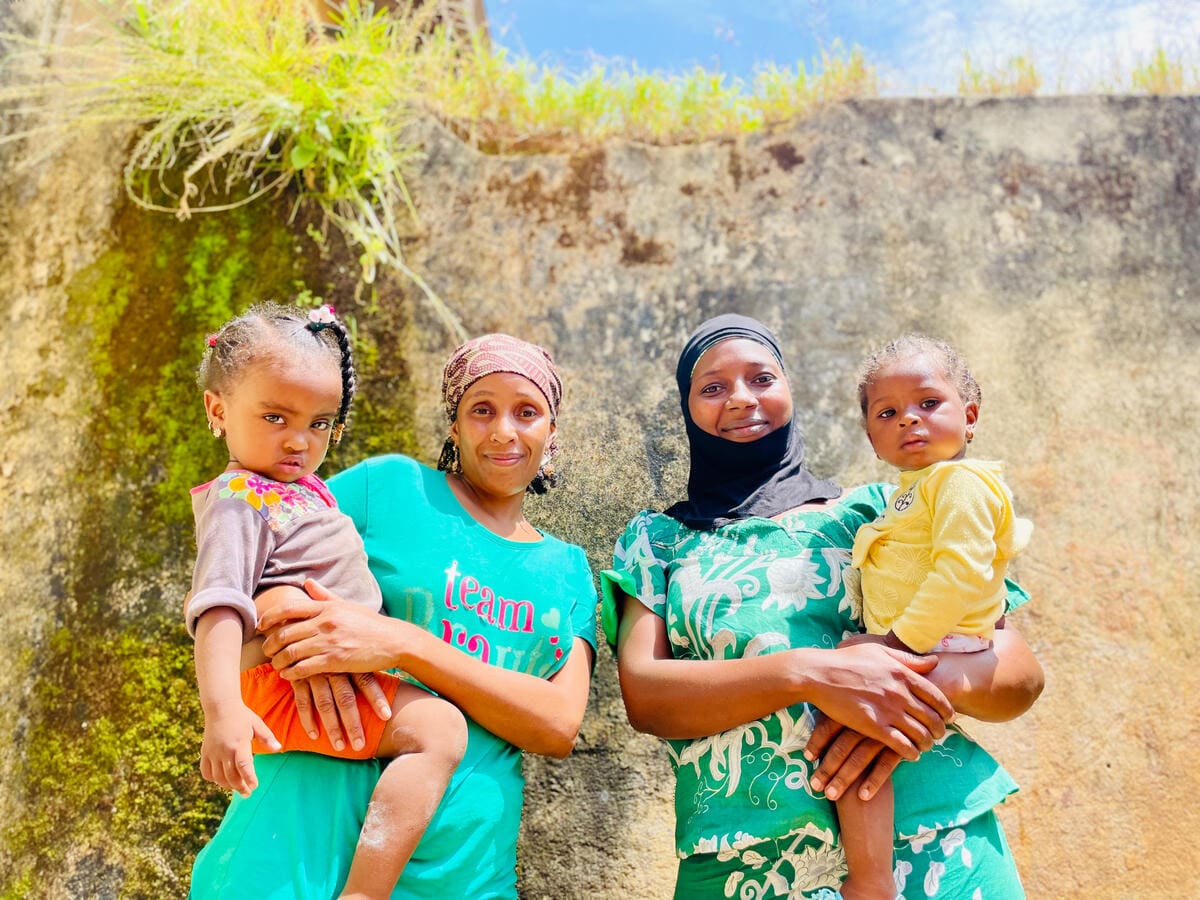
We provides nutrition assistance to children aged 6 months to 5 years, pregnant and breastfeeding women and girls, and malnourished people living with HIV. Our goal is to reduce all forms of malnutrition among vulnerable populations. This includes malnutrition prevention and treatment, nutrition training and capacity strengthening. These are implemented in coordination with government, other UN agencies and nutrition partners.

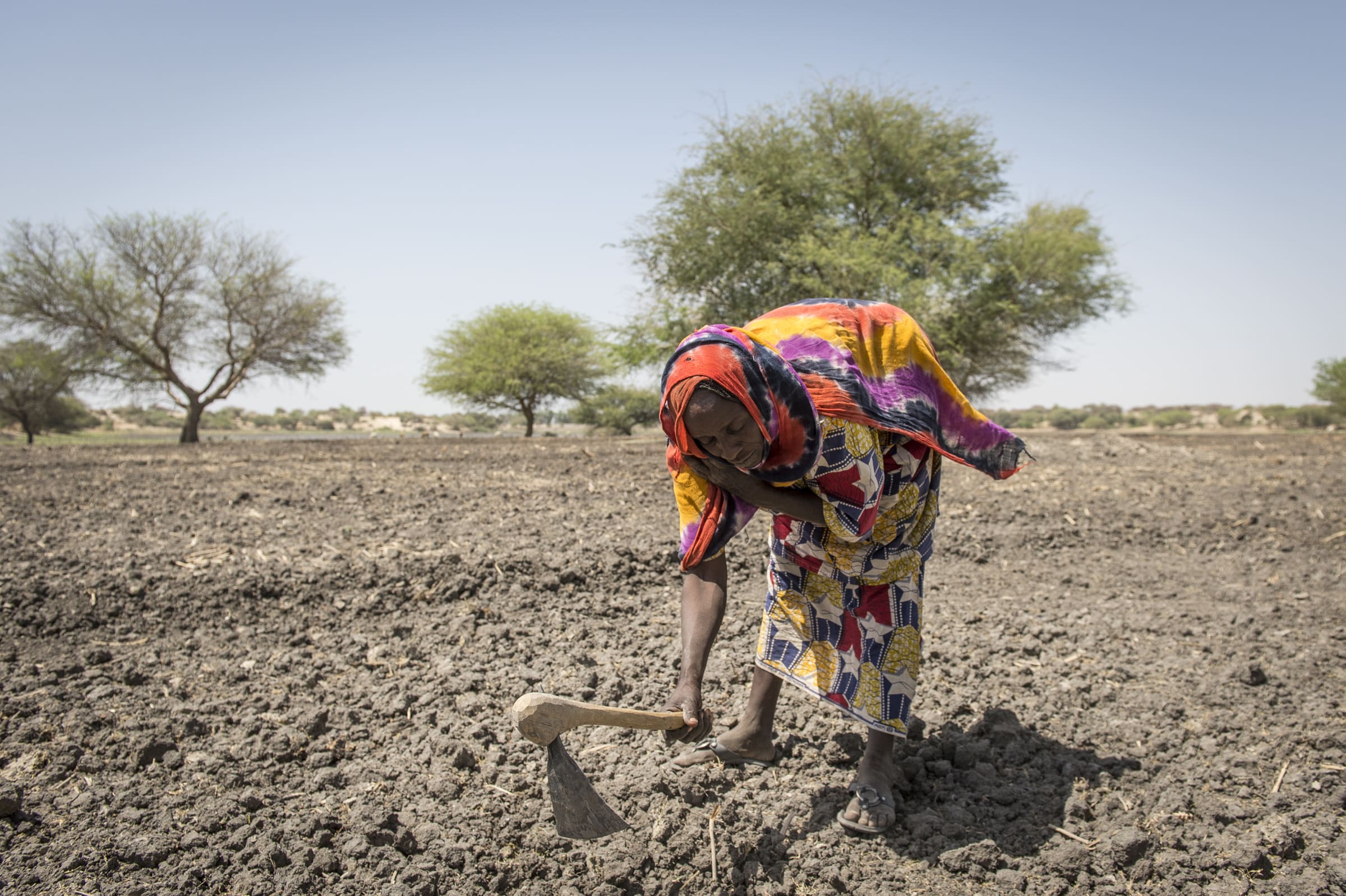
We provides financial and technical support to food insecure smallholder farmers in the Far North, North, Adamawa and East regions of Cameroon to enhance their productivity and livelihoods. Our focus is on promoting local agricultural value chains among smallholder farmers through building and managing community infrastructure and post-harvest storage facilities, improving agricultural practices, diversifying crop production, and enhancing market access for both men and women.

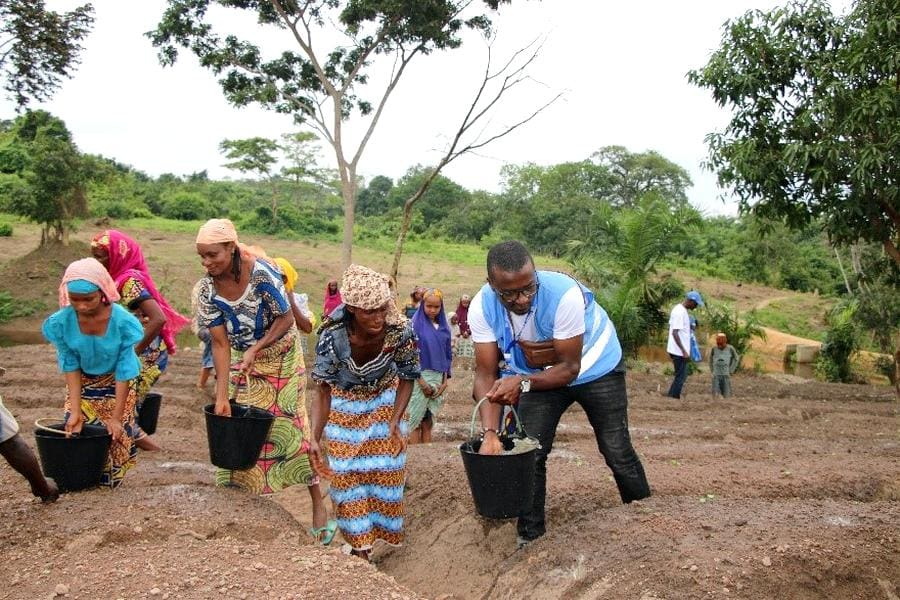
We also supports the Government in developing shock-response, gender- and nutrition-sensitive social safety nets and creating national systems for cash transfers as well as for home-grown school meals. Our support for the Government includes South-South cooperation initiatives facilitated by U.N. World Food Programme Centres of Excellence in Brazil and China.


And we operate UNHAS – safe, reliable, and cost-effective air services to enable the humanitarian community to reach people in need in hard-to-reach crisis-affected areas. By operating passenger and cargo aircraft, including security and medical evaluations, WFP provides alternative transport where commercial air operators are unavailable due to significant distances and insecurity limiting access to parts of the country.

Help Save Lives by Sending Food
You can help deliver food to vulnerable populations in Cameroon and other countries by donating to WFP.
What’s happening in CAMeroON?
Read the latest news updates and stories from Cameroon:


